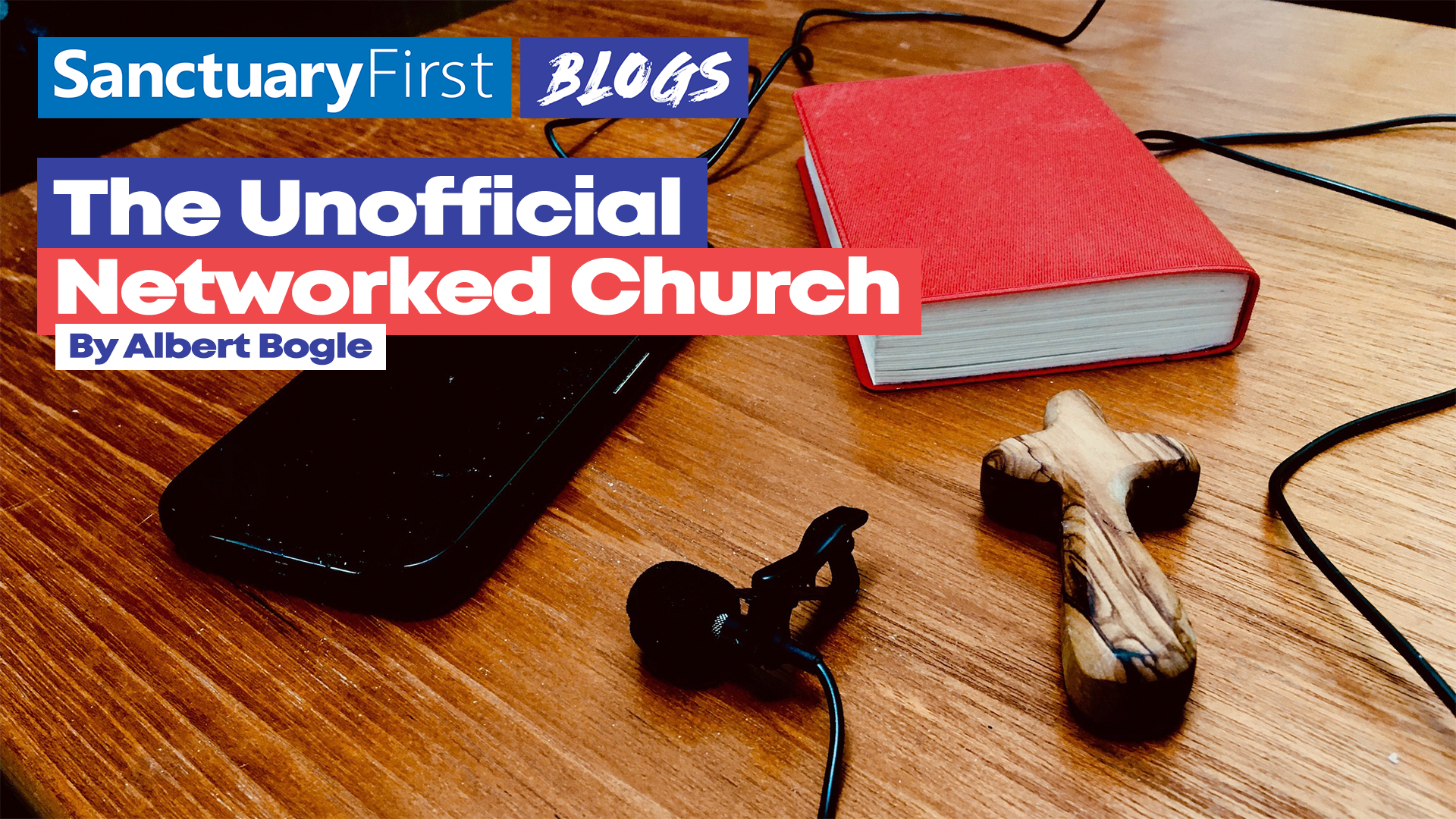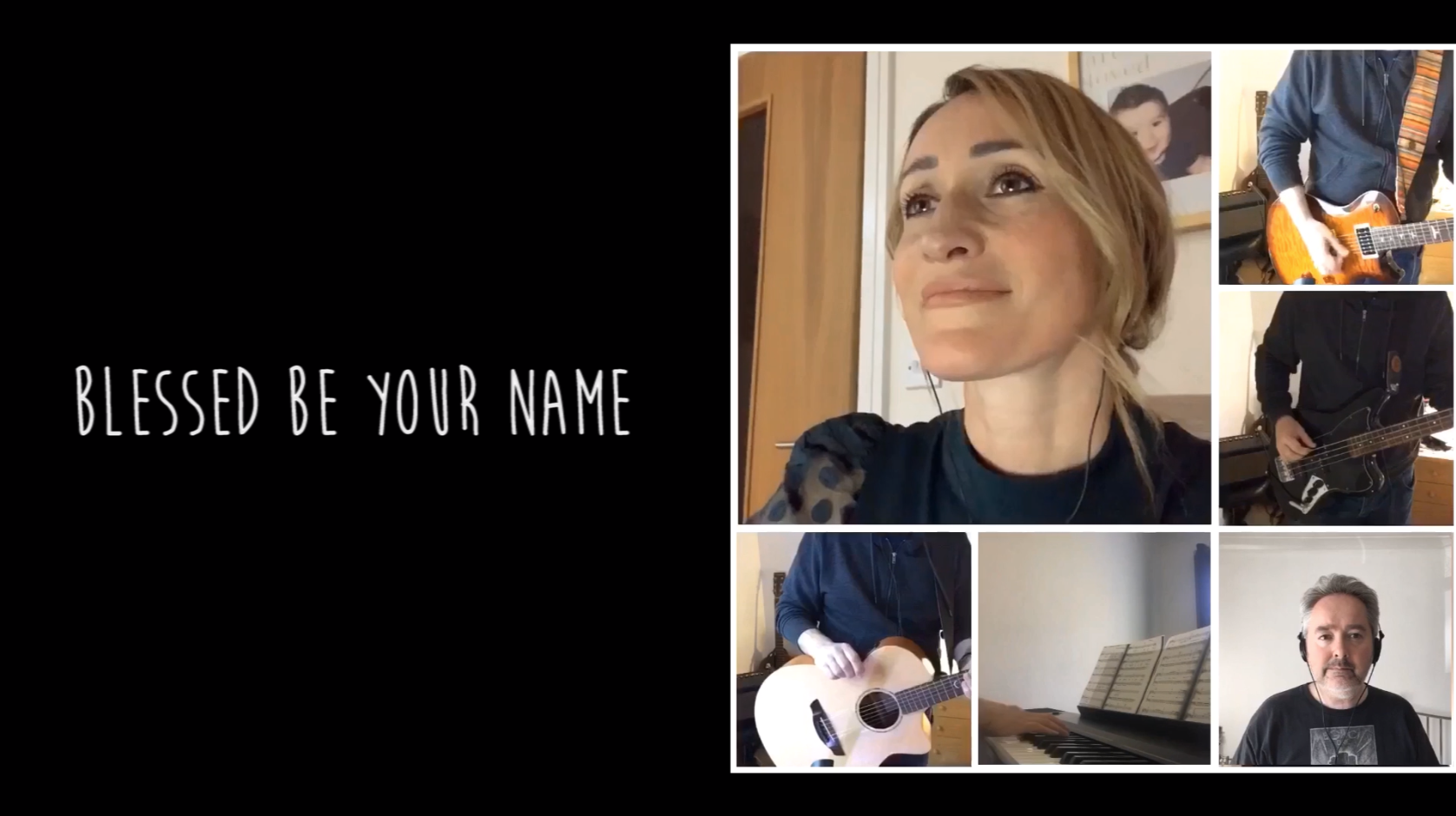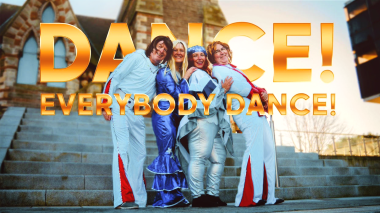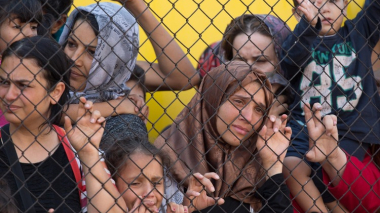The Unofficial Networked Church

 There is one thing we can all be agreed on: the COVID-19 virus has shaken the nations and challenged the perceived wisdom of the markets. As some commentators begin to talk about how restrictions should be lifted there is a much bigger question to ponder; and we in the church need to be part of the solution. How should we re-order our societies internally and externally? How should we honour and value the various contributions made by different sectors who have served the common good without seeking reward or profit? And what should our foreign policy be with other countries in areas of common purpose, trade, aid, and arms agreements?
There is one thing we can all be agreed on: the COVID-19 virus has shaken the nations and challenged the perceived wisdom of the markets. As some commentators begin to talk about how restrictions should be lifted there is a much bigger question to ponder; and we in the church need to be part of the solution. How should we re-order our societies internally and externally? How should we honour and value the various contributions made by different sectors who have served the common good without seeking reward or profit? And what should our foreign policy be with other countries in areas of common purpose, trade, aid, and arms agreements?
On the domestic front public attitudes to socialising will have changed at least temporarily. This means for the foreseeable future church life is not going to be returning back to what it once was. Our biggest challenge is no longer considering change. Change has been thrust upon us. It is dealing with the temptation to try to return to what is no longer there. If we try to do that we will discover like the story of Lot’s wife, turning back is not an effective and progressive option. If we turn to face the past the fumes of the past will consume us, turning us into lifeless pillars of salt. If we make our priority as we come out of this experience a rescue of the past, be it church buildings or familiar outdated practices or past strategies (which may have been relevant at one point but no longer), we will surely perish. The old maps needed updated before COVID-19 but now they no longer work in this landscape.
 We need to be people connected to each other with a more dynamic and interdependent connection. Each one of us needs to be the real living stones of the church. Made up of relationships that are interconnected and plugged into the international and intergenerational power lines of the Spirit of God. If we can do this we will be creating networks of hope and life around the world. The theology of local church has to be understood in the context of the universal church. The Church is a community in and beyond time and space. Local church is only truly local when it is globally and eventually eternally networked. It is this larger vision of church that can begin to create a new understanding of why Christians believe in the reality of world peace.
We need to be people connected to each other with a more dynamic and interdependent connection. Each one of us needs to be the real living stones of the church. Made up of relationships that are interconnected and plugged into the international and intergenerational power lines of the Spirit of God. If we can do this we will be creating networks of hope and life around the world. The theology of local church has to be understood in the context of the universal church. The Church is a community in and beyond time and space. Local church is only truly local when it is globally and eventually eternally networked. It is this larger vision of church that can begin to create a new understanding of why Christians believe in the reality of world peace.
Let’s return to the immediate present. The meetings and physical gathering in larger groups, we call church are going to be further down the line. Changes in social patterns will mean that we will require to be creative in the way we work together as churches. However we still have to answer the questions of financial viability as congregations struggle to make up budgets that relied on hall lets and social interaction. How are congregations going to migrate from an old pattern of worship and service to a new place? We will have to face some home truths about what kind of ministries are effective and where we use our resources. Historically held rights to call and rights of tenure will inevitably need to be revisited. All this does not necessarily mean that congregations and ministers are made redundant, it may be that they are asked to consider another form of missional service, perhaps within a new partnership.
Already the lockdown has opened up new connections between Christians around the world. People have gone online in search of worshipping communities and found new resources and friendships. Grassroots connections between Christians from different denominations are breaking down barriers of fear and opening up new understandings between them. There is a growing exchange of worship material between congregations regardless of denominations. In many situations the networked church has just arrived as quickly as the virus and the new connections are spreading throughout the world. The old model of a wheel where everything goes through the centre like a hub has gone. The tsunami has hit and we are in a new landscape. We are in a new era of Unofficial Networked Church.
 We need to create at this point in time opportunities for people to think outside the box. To consider what church should look like in their area in the light of the changed circumstances. Creating practical forums of help and support using various social media platforms may well be the immediate response of a networked church
We need to create at this point in time opportunities for people to think outside the box. To consider what church should look like in their area in the light of the changed circumstances. Creating practical forums of help and support using various social media platforms may well be the immediate response of a networked church
When thinking about new expressions of church we need to be open to the Holy Spirit. It is too easy to restrict the way we think about church by putting restraints on what we call church. The truth is church in the way we organise ourselves was never built to last for ever. It is only the Kingdom of God that is eternal. Too often we confuse church with the Kingdom. And what we do and how we organise ourselves is seen as set in stone. Nothing could be further from the truth.
Could this be a time when the words of Jesus to the woman at Jacob’s well, echo a new longing that is in the hearts of so many? In part two of this blog post I am going to explore a bit more about the function and purpose of reflecting upon “longing” as a theological and practical word of inspiration to the church at this time.
Very Rev Albert Bogle, Minister of Sanctuary First




 Add to Favourites
Add to Favourites







Login to comment.